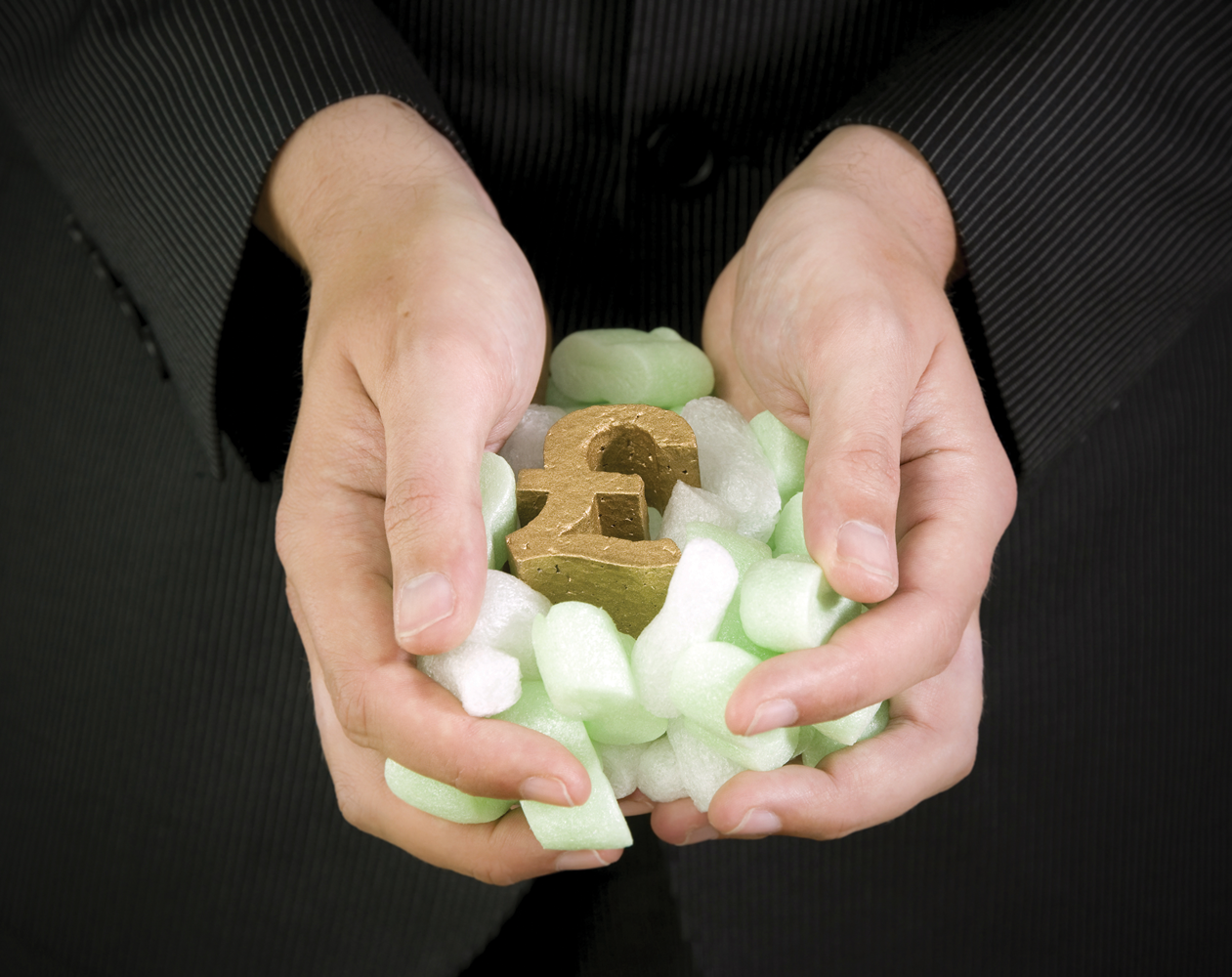Getting Started
Cash gives just £40 in eight years, while top funds return £4,000

Savers who deposited £1,000 in a cash account in 2009, when interest rates were first cut to ’emergency’ levels, have made just £40 in eight years, analysis reveals.
In contrast, the same amount invested in the average UK equity fund or UK equity income fund would be worth £3,081 or £2,998 respectively, according to Chelsea Financial Services.
It’s been 100 months since the Bank of England moved interest rates to emergency levels of 0.5% in March 2009 and began a programme of quantitative easing in the UK.
Since then the base rate has fallen further to a record low 0.25%.
With savings accounts paying woefully-low levels of interest – the average easy access account pays just 0.83% – those who’ve taken more risk with their money have been rewarded.
A £1,000 investment in the average strategic bond fund, which is considered less risky than an equity fund, would today be worth £1,933.10.
Someone who invested in one of the top 10 performing equity funds over the past 100 months would have added at least £4,000 to an initial £1,000 investment. If they’d chosen the top performer, the MFM Slater Growth fund, their £1,000 would now be worth more than £6,500.
The top 10 performing UK equity funds: 5 March 2009 – 31 May 2017
Juliet Schooling Latter, research director at Chelsea Financial Services, said: “I don’t think anybody believed that interest rates would stay so low for so long back in 2009, so many cash savers stayed put. Over the intervening years, more and more have taken the plunge into equity and bond markets in the search for better income.
“In hindsight, anyone investing instead of saving in 2009 was putting their money in at the bottom of the market, when the FTSE 100 was at around 3,500. Today it is at around 7,500.”
Caution for the UK equity market
Schooling Latter said she would be more cautious about investing a lot of money into the UK equity market today.
“It is on the expensive side and, while it could very well continue to rise in the short-term, a correction of some sort would not surprise me either,” she said.
“In these conditions I would favour funds investing in UK equities that aim to make money when markets rise but also when they fall.”
She picks Henderson UK Absolute Return, Smith & Williamson Enterprise and Threadneedle UK Extended Alpha.
“The first two are long/short targeted absolute return funds while the third is a more core UK equity fund that has the ability to short stocks if the manager believes it will add value,” she said.
